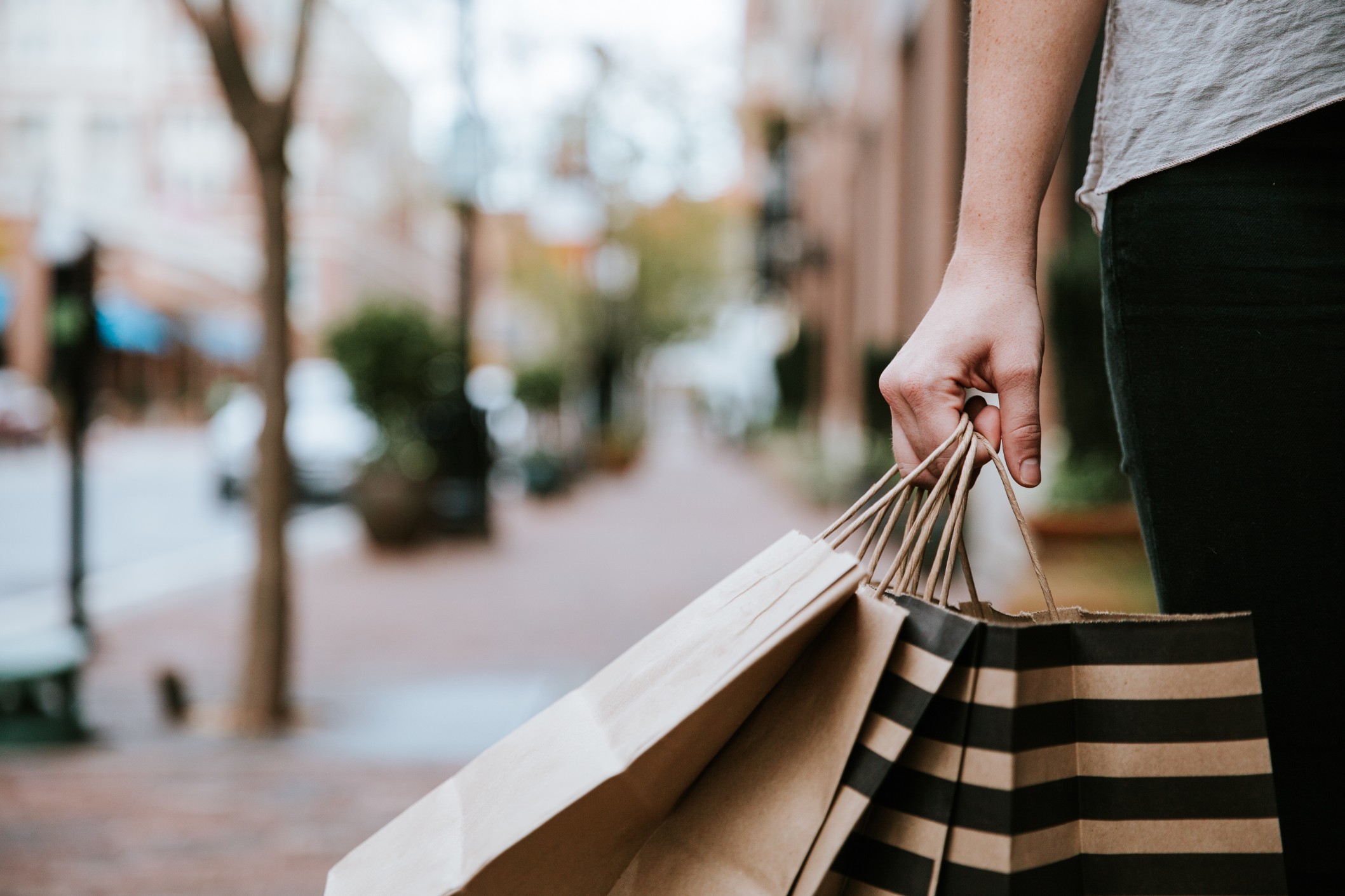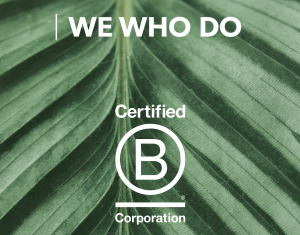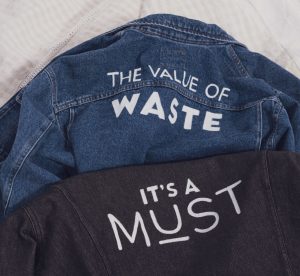With the retail landscape reshaped by Covid-19, change is afoot for both customers and retailers.
Customer buying habits have altered and, as a result, retailers are having to think of ever more innovative and novel ways to keep them on board and earn their repeat custom.
Diversification in retail is now more vital than ever, a fact highlighted at an event organised by Tech London Advocates and featuring three WeWhoDo retail experts.
We asked the WeWhoDo team what they thought were the biggest trends driving diversity, and how they might shape the future of retail.
Sustainability
Product Strategy consultant Helen Cooper, a former Managing Director at Neal’s Yard Remedies, points to sustainability as one of the biggest global trends affecting buying habits. She believes that values-driven consumers are increasingly demanding products which minimally impact the planet and people, making sustainability a requirement rather than an aspiration for retailers.
Key to understanding this trend is the fact that the old ‘Reduce/Re-use/Recycle’ mantra is being rewritten by consumers, who now want to add the fourth R of ‘Regenerate’ to the list. Regeneration goes far beyond the initial three Rs, and means companies having to invest in restoring what has already been lost. That will entail building economies and communities which thrive and benefit the planet.
The overall aim will be to entice customers by making them feel good about spending on products which might once have seemed frivolous.
Sustainability, as Helen sees it, provides an exciting opportunity for retailers to redefine what they offer and mark themselves out as different from their competitors.
Local, Not Global
With warnings about a worldwide economic recession in the wake of Covid-19, eCommerce Consultant Alex Vaughan sees the future as local, rather than global. A former General Manager at The Hut Group, Alex expects the economic slowdown to increase the scrutiny of lengthy supply chains and lead to a shift in national manufacturing.
The UK has long imported more than it has sold to the rest of the world, so the change here will really be felt. While importing more has enabled the UK to benefit from economies of scale, it has brought plenty of problems, including the existential threat to the environment and ethical concerns surrounding businesses which try to evade tax, use technology in an underhand way or treat their staff unfairly.
Some companies are already reacting to this trend. Amazon, for instance, has simplified its supply chain and kept up with customer demand, steps Alex believes other companies will have to take in the near future.
The Rise of Innovators
Helen also stated that not all ‘newness’ can be classed as ‘innovation’, and innovation doesn’t always have to be centred on products and services. Even before the Coronavirus lockdown, consumers were opting for quality over quantity as household budgets were squeezed.
Lockdown, it seems, has concentrated minds and made shoppers reconsider what they class as ‘essential’ and ‘non-essential’. Shortages of basic goods have made many people think twice about spending on frivolities, meaning companies who sell non-essential or luxury products will need to work incredibly hard to regain their customer base. Consumers will want to ‘Buy less. Keep longer. Enjoy more’ in future.
Helen highlights four main types of innovation – radical, incremental, structural and disruptive. Of these, she points to ‘disruptive’ as being the most accessible and enduring for a business. Disruptive innovation means filling a gap in the market whilst building on a company’s own heritage, and retailers who can think in a more imaginative way will be the winners in future.
The Squeezed Middle
The WeWhoDo team also predicts a blurring of the lines between luxury and everyday shopping journeys. Demand for ‘affordable luxury’ has been growing for many years, but it looks likely that the trend will only gather pace in the future.
Customers expect a greater level of quality and luxury to the products they buy, and in the straitened economic times we’ll emerge into post-lockdown, consumers will want and expect the best of both worlds.
Companies which can keep the price of their goods low whilst increasing the quality will be the real winners, Alex predicts, difficult a balance as that might be to strike. With almost 80% of luxury goods sales already taking place online, digital consumer propensity will almost certainly force the markets to polarise still further.
The Shift Online
Perhaps the biggest change to the retail landscape is the shift to online spending, accelerated by lockdown. Danny Tudor-Jones, former Head of Buying at ASOS and Topshop, believes an already struggling High Street could be almost irreversibly damaged by Covid-19 unless companies take steps to adapt.
Online sales are now the highest they have ever been, and reports have found that 24% of people intend to increase their online social media spending post-Covid. In order to keep up with this trend, sellers will need to invest in their social media channels, personalise and target their advertising, spend more on new technology ‘experiences’ and focus on producing non-brand marketing to attract younger generations.
Companies which steadfastly concentrate on ‘offline’ sales or do not put enough time and money into their online offering will fall behind, and may not survive as retail goes digital.
So What Can We Learn?
Overall, the future of retail lies in making things simpler but better at the same time. Concerns about sustainability and a reliance on global imports both trouble consumers, who are also re-evaluating what they will spend their money on and demanding higher quality at a lower cost. As the internet continues to dominate consumer spending, it is the companies who can harness the power of new technology who will come out on top post-Coronavirus.
Being able to prove the value, quality and sustainability of their products will be vital for sellers as we enter a radically altered retail landscape. Only those who can look to these trends and adapt will survive and thrive in the future.
For expert advice, and how to survive and thrive, simply get in touch with us today.









